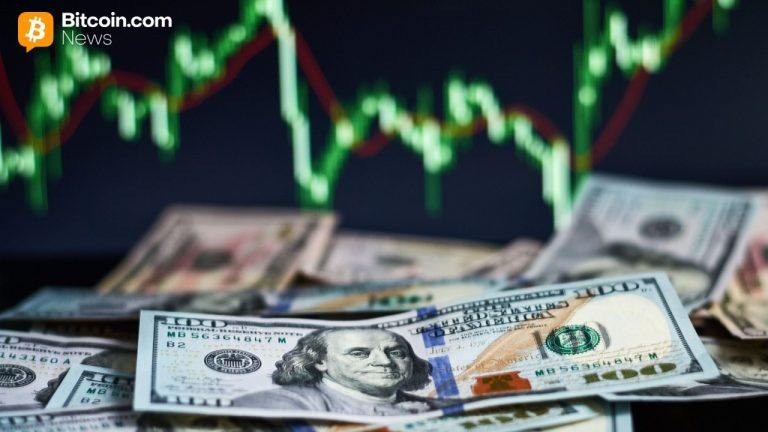
The U.S. Bureau of Labor Statistics recently released a delayed report that revealed a slowdown in the Consumer Price Index (CPI) for the month of September. The index only rose by 0.3%, which was lower than what was initially expected by analysts. This unexpected deceleration in the CPI was mainly driven by the increase in gas and food prices.
Gasoline prices experienced a notable surge during the month, contributing significantly to the overall uptick in the CPI. Additionally, food prices also played a significant role in the rise of the index. These price increases have raised concerns among experts and analysts, who have attributed the inflation to various factors, with tariffs being pointed out as a major culprit.
The imposition of tariffs on various goods and services has had a noticeable impact on consumer prices, particularly in the gas and food sectors. The ongoing trade tensions between the U.S. and its major trading partners, including China and the European Union, have resulted in higher prices for imported goods. As a result, consumers are feeling the pinch as these increased costs are being passed on to them.
The latest CPI data also revealed that inflation in the U.S. reached 3% in September, marking its highest level in recent months. This uptick in inflation has raised concerns about the overall health of the economy and the potential impact on consumers. Higher inflation can erode purchasing power and lead to reduced consumer spending, which can have broader implications for economic growth.
The Federal Reserve closely monitors inflation data as part of its mandate to maintain price stability and maximize employment. The recent uptick in inflation could influence the central bank's decisions on monetary policy, including potential interest rate adjustments. A higher inflation rate may prompt the Fed to consider tightening monetary policy to curb rising prices and maintain economic stability.
Overall, the latest CPI report highlights the complex interplay of various factors that contribute to inflation in the U.S. economy. While the slowdown in the CPI for September may provide some relief, the underlying challenges posed by tariffs and other external factors continue to pose risks to economic stability. As the Fed continues to navigate these challenges, market participants will closely watch for any signals regarding future policy actions in response to changing inflation dynamics.
Source: https://news.bitcoin.com/tariffs-playing-a-role-us-inflation-reaches-3-in-september-markets-cheer/

Leave a Reply